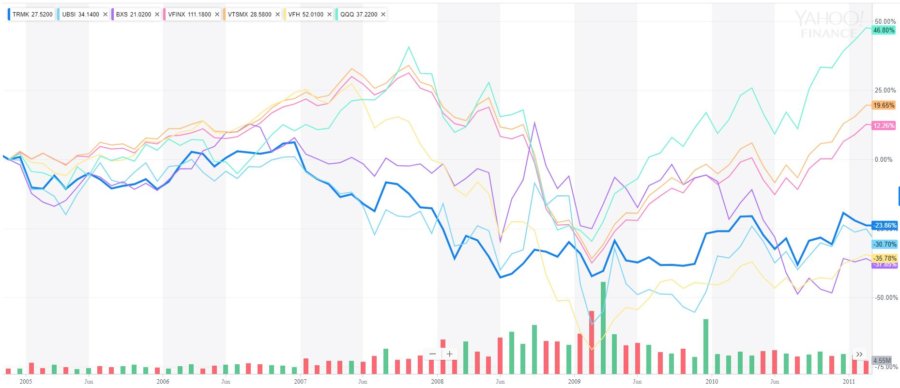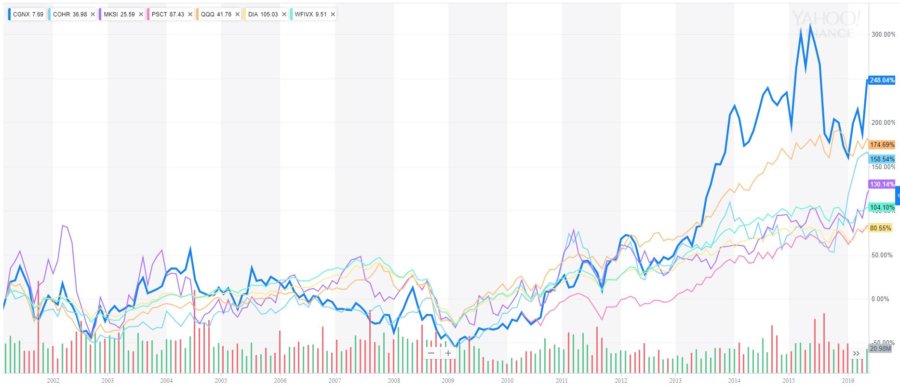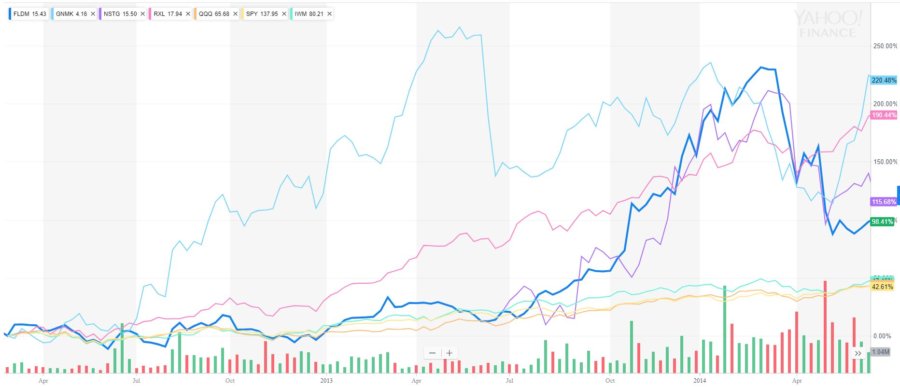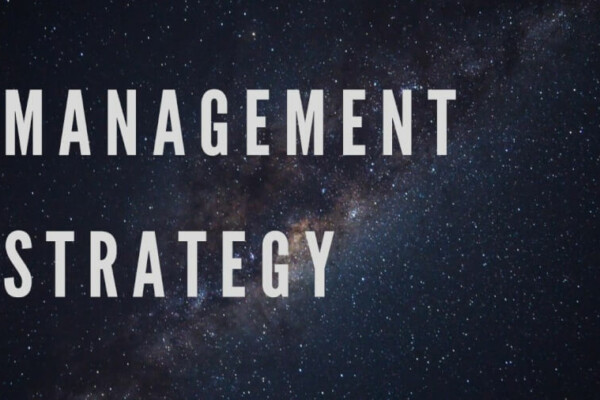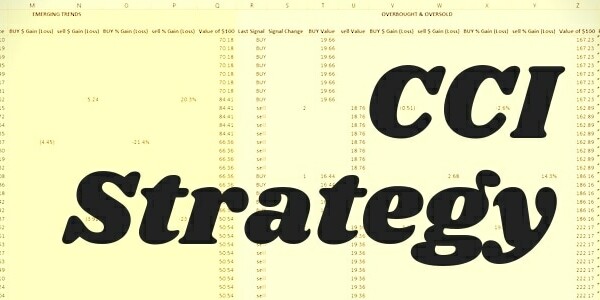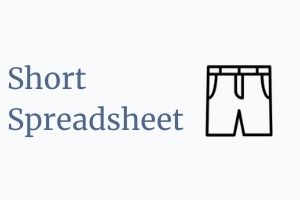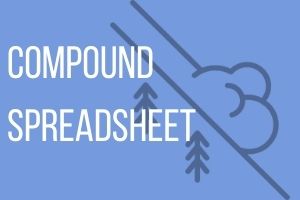“Is it worth buying individual stocks?” If you pick the right individual stocks, they can drastically outperform indexes, mutual funds, and ETFs. However, it’s difficult and time-consuming to pick high-performing individual stocks. It also takes a bit of luck and timing. Mutual funds and ETFs are valid investing options for those who aren’t interested in analyzing stocks or don’t have the time.
Mutual funds vs ETFs vs individual stocks
The first distinction to be made when it comes to investing in stocks is whether you want to invest in a group of stocks or individual stocks. Mutual funds and ETFs have some key differences, but ultimately, they’re pretty similar. They are a portfolio of stocks chosen by someone else.
If you do decide to go the route of having someone else pick stocks for you, then you have to decide if you want your mutual fund or ETF to be actively managed or indexed.
Actively managed funds and ETFs
Actively managed means that an investment professional makes buy and sell decisions for inclusion into the fund. Typically, their goal is to maximize returns. Other funds might qualify that goal by, for instance, only investing in certain types of companies.
Index funds and ETFs
Index funds and ETFs are designed to mirror the performance of an index. Their goal is not to maximize returns; only to match the return of the target index.
While S&P 500 index funds are popular (e.g. SPY), there are many other options out there.
Conventional wisdom says that actively managed funds are usually outperformed by index funds. At least over the long-term. This is due, in part, to higher fees charged by actively managed funds.
Individual stocks
Finally, if you want to take your stock investing into your own hands – you can buy and sell individual stocks. When you buy a share of an individual stock, you are buying a (very small) piece of ownership in that company.
When you invest some money in individual stocks, you either invest or trade. On this site, I loosely define each term as follows:
Investing is when you hold for a year or longer. It’s implied that you performed some sort of analysis of the company’s current financial position and its prospects over the coming years. More on how to get started doing that below.
Trading is when you use technical analysis or some other non-fundamental analysis to buy and sell on a more frequent basis. The goal is to find a strategy that will give you superior returns to buying & holding (and indexing). Trading might also be referred to as “speculating.”
Excess returns for individual stocks vs actively managed funds vs index funds?
It’s my impression that most people who give advice on investing (and are not salespeople) recommend putting your money into index funds/ETFs. “The fees are low and you can’t beat the market anyways” is, more or less, the usual justification.
Nevermind that, by definition, an index is an average of the stocks that comprise it. This means that some of those individual stocks will have performed better than the index. Of course, others will have performed worse too.
Anyhow, let’s take a look at some random stocks over random time periods and see how the individual stocks match up performance-wise vs related ETFs and mutual funds.
Comparison 1
Here are the securities we’ll chart:
Trustmark Corporation (TRMK) – a regional bank
United Bankshares, Inc. (UBSI) – another regional bank
BancorpSouth Bank (BXS) – yet another regional bank
Vanguard Financials ETF (VFH) – a financial services industry index ETF
Vanguard Total Stock Mkt Idx Inv (VTSMX) – a “total stock market” index mutual fund
Invesco QQQ Trust (QQQ) – a Nasdaq 100 index ETF
Vanguard 500 Index Investor (VFINX) – an S&P 500 index fund
The time period we’ll look at is 11/01/2004 to 02/01/2011.
Okay…there’s a lot going on here. Let’s see what stands out.
First of all, the indexes kicked butt. While the banking stocks and VFH took a beating during the Great Recession, the indexes recovered in early 2009 and ended the period with positive returns. It wasn’t the S&P 500 index that provided the best returns, however – it was the Nasdaq 100 index ETF (QQQ).
Comparing banking stocks to technology stocks (Nasdaq) from 2007 to 2013 isn’t really a fair fight? Let’s look at another example.
Comparison 2
Here’s our stocks, funds, and ETFs:
Cognex Corporation (CGNX) – a company in the scientific & technical instruments industry
Coherent, Inc. (COHR) – another company in the scientific & technical instruments industry
MKS Instruments, Inc. (MKSI) – a third company in the scientific & technical instruments industry
Invesco S&P SmallCap Info Tech ETF (PSCT) – a small-cap information technology index ETF
Invesco QQQ Trust (QQQ) – a Nasdaq 100 index ETF
SPDR Dow Jones Industrial Average ETF (DIA) – a Dow Jones Industrial Average ETF
Wilshire 5000 Index Invmt (WFIVX) – a Wilshire 5000 index fund
The time period we’ll look at is 09/02/2002 to 05/02/2016.
CGNX ended the period with by far the best performance. In fact, all of the individual stocks (CGNX, COHR, and MKSI) had better returns over the period than all of the indexes except QQQ. QQQ was, once again, a very solid investment choice.
The poorest returns were from the DIA and PSCT ETFs. Industry-focused ETFs have not fared well in our snapshots.
Let’s go one more time around.
Comparison 3
Here’s our stocks, funds, and ETFs:
Fluidigm Corporation (FLDM) – a company in the healthcare sector
GenMark Diagnostics, Inc. (GNMK) – a second company in the healthcare sector
NanoString Technologies, Inc. (NSTG) – one more company in the healthcare sector
ProShares Ultra Health Care (RXL) – a healthcare sector index 2x ETF
Invesco QQQ Trust (QQQ) – a Nasdaq 100 index ETF
SPDR S&P 500 ETF (SPY) – an S&P 500 index ETF
iShares Russell 2000 ETF (IWM) – a Russell 2000 index ETF
We’ll go for a shorter period this time – 05/21/2012 to 06/16/2014.
This time, most of the index ETFs, including QQQ, got trounced. The healthcare ETF, RXL, did really well. However, keep in mind that this is a leveraged ETF designed to deliver twice the return (gain or loss) as the index it tracks. So, in reality, RXL would have delivered returns of about 95% if it weren’t leveraged. But, leveraged ETFs are an option for investing, so I wanted to include at least one for comparison purposes.
Is it worth buying individual stocks?
Hopefully, this goes to show “it depends.”
It depends…
…which index you choose.
…which sector/industry you invest in.
…on the time period you’re invested.
There’s really no wrong answer. If you don’t have the ability or desire to analyze individual stocks, then you should invest in a fund. Similarly, if you don’t have the ability or desire to analyze an industry’s prospects, then you should invest in a more diversified (SPY, QQQ) index fund. As you can see though, S&P index funds aren’t always the best bet. They aren’t always the worst either…


